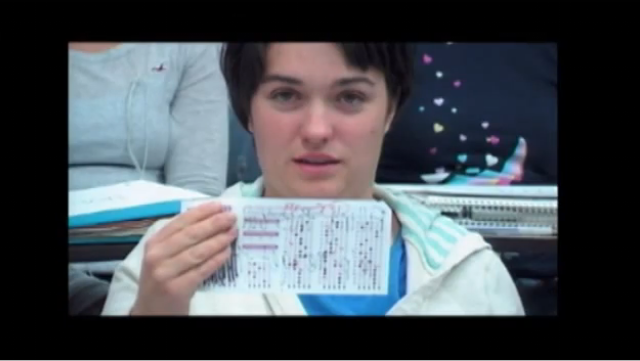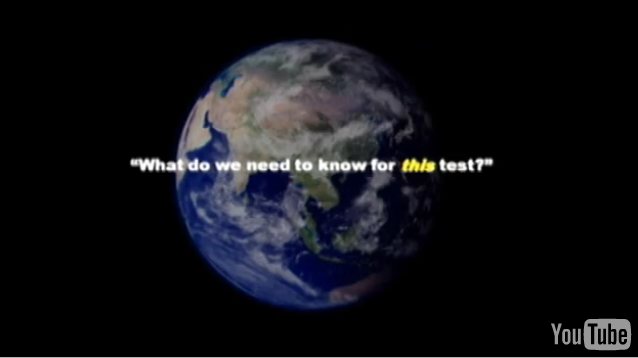One of the parents of a child I taught last year shared this with me. Here is what I think the math class should look like. Forget teaching kids computation, especially when a computer can do it faster, cheaper, and more reliably.
This classroom more closely resembles Dan Meyer’s math classroom where students are expected to formulate problems but taken to a further degree. Let’s do away with the repetitive tasks that a computer can easily do by hand, make sure all students have those devices that they need to do these repetitive tasks, and then focus on how to use the computations in the real world.


